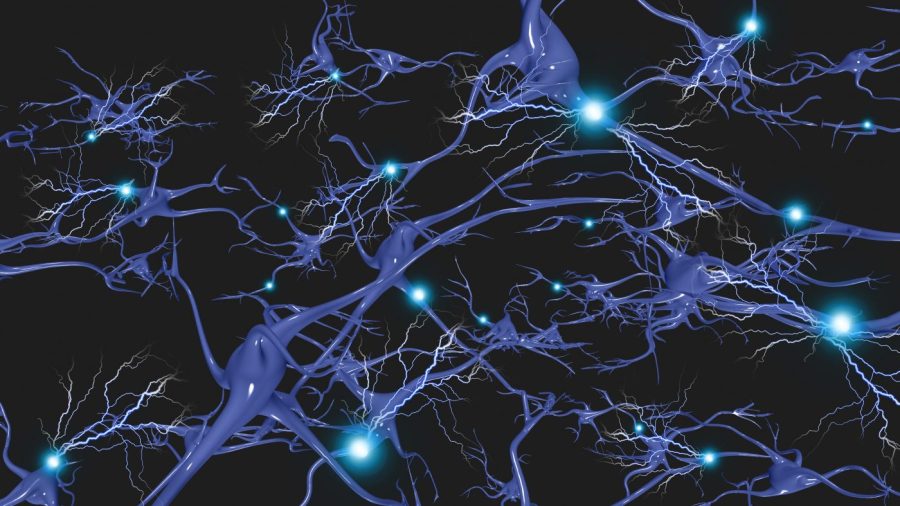Photo from Huntington’s Disease News.
According to an article from The San Diego Union-Tribune, Carlsbad’s Ionis Pharmaceuticals (previously known as Isis Pharmaceuticals) is expected to release clinical trial results for the treatment of Huntington’s and Lou Gehrig’s disease, otherwise known as ALS, with a new “designer DNA drug,” which mutes the mutant gene responsible for causing nervous system deterioration.
Last year, Ionis Pharmaceuticals obtained approval for Spinraza, which according to the Union-Tribune “uses a similar approach … to successfully treat a neurological condition that kills one in 1,000 children before they reach their second birthday.”
Early trial results for the drug have shown “a reduction in levels of the harmful proteins believed to cause the diseases,” per the Union-Tribune’s report.
Dr. Richard Smith, a local neurologist and director of the Center for Neurologic Study in La Jolla, told the Union-Tribune that the pathway for this new drug was etched a decade ago and was met with some skepticism initially. He stated that the “point that has drawn the most skepticism from peers has always been drug delivery.”
The blood-brain barrier to the drug’s delivery which, according to Smith, “requires three drugs to be injected directly into the cerebrospinal fluid” is the biggest challenge to the drug’s success.
“Such an approach would result in drugs simply floating around doing nothing,” Smith explained to the Union-Tribune.
Experienced in treating patients with Lou Gehrig’s, Smith, who did critical, foundational work in the use of interferons to treat neurological diseases, told the Union-Tribune that “he had an intuitive feeling that these drugs, these tiny pieces of DNA, might surprise everyone.”
UC San Diego neurobiologist Don Cleveland, who is known for his foundational research on the mechanisms of neuron growth and protein production, was approached by Smith during that same period to start the initial steps for the creation of this potential new treatment, according to the Union-Tribune.
Cleveland and Smith pitched the treatment idea to Frank Bennett, who holds a doctorate in pharmacology and is the current senior vice president of research at Ionis Pharmaceuticals at around the same time.
Bennett became part of the project even though Ionis Pharmaceuticals “was not at the time involved with trying to use the technology on neurological diseases,” he said to the Union-Tribune.
Positive initial trial results and the advent of upcoming trials for the new drug treatment have caught the attention of the American Neurological Association at its most recent annual conference, the Union-Tribune said.
The drug, developed by the Ionis and New York Cold Spring Harbor Laboratory, was approved by the U.S. Food and Drug Administration in December 2016 and “has already been delivered to hundreds of children and adults and, in many cases, has dramatically reversed nerve damage,” said the Union-Tribune.








